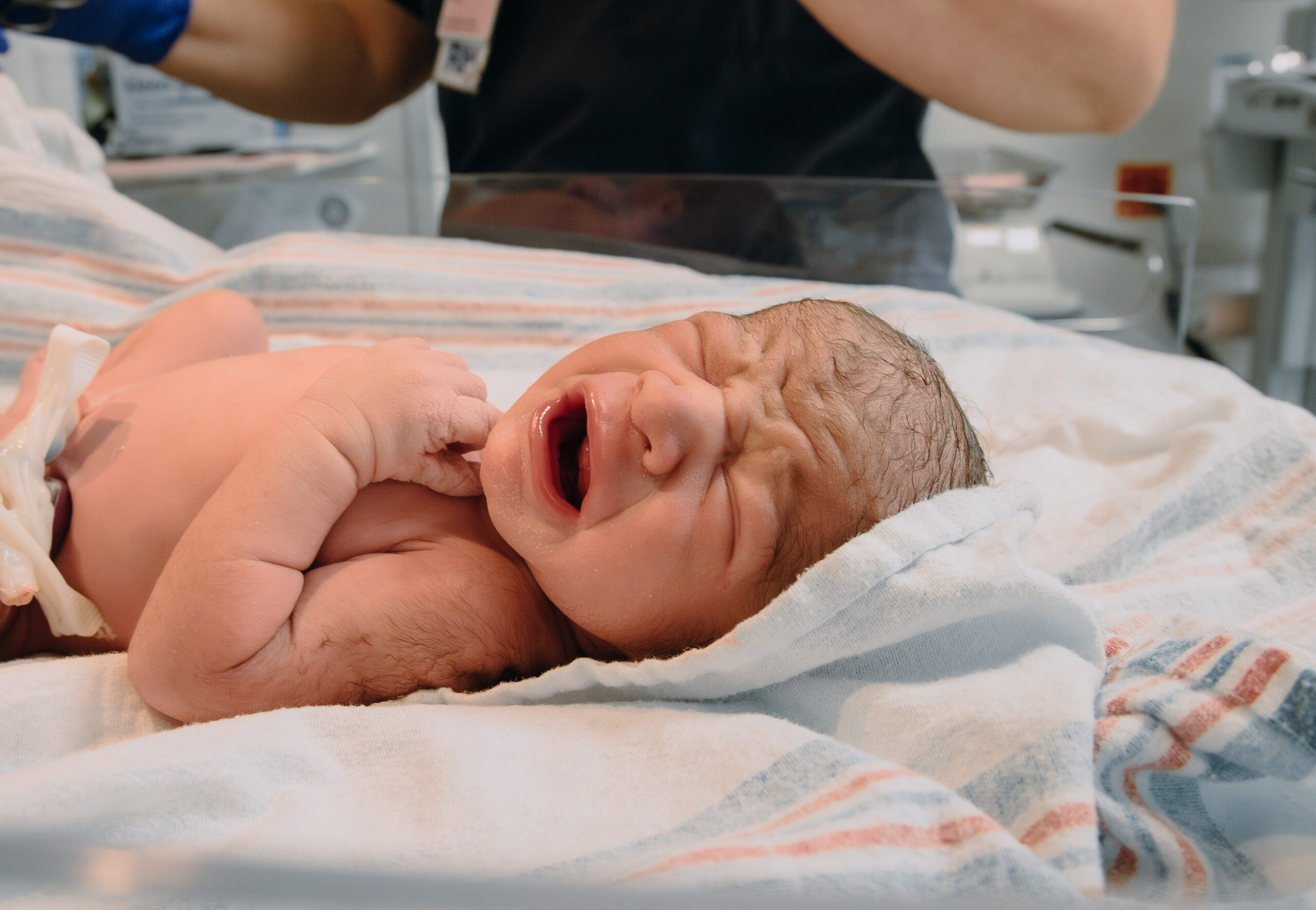A Deep Dive into the Consequences of Sleep Deprivation for New Moms, Dads, and Caregivers

Movies often paint a picturesque nighttime routine with a new baby: a simple lullaby, a flawlessly wrapped swaddle, and the nursery door closed until morning. Ah, if only reality mirrored the movies!
By now, you’ve likely realized that the dream of having your baby peacefully sleep in their own room is a far cry from reality, especially in the first few months filled with frequent feedings, constant wakings, noises, grunts, and diaper changes galore. The “grave shift” is a brutal one when you accept a seemingly permanent low power mode status. Navigating through these challenges can be overwhelming, but understanding their impact is crucial.
The Scary Truth On Losing Zzzs
Transitioning from the initial chaos to accepting your sleep-deprived reality can be a daunting journey. Besides being sluggish and feeling a little less attuned to your surroundings, you might initially believe that a little less sleep won’t be that big of a deal in the grand scheme of things. However, recent studies suggest anything but, emphasizing the far-reaching consequences that your lack of a good night’s rest can have on both your immediate well-being and long-term health, contributing to a diminished quality of life.
Now, let’s delve into the common challenges faced by new parents. Benedict et al. (2012) discovered that even a single night of sleep deprivation can heighten sensitivity to consuming unhealthy and convenient foods. For new mothers, the CDC recommends an additional intake of 300 to 400 calories to support the healing process. Whether or not you’ve opted for breastfeeding, extra calories are essential for overall recovery. This leaves new mamas especially vulnerable to low quality snacking decisions. Neuroscience researcher Dr. Stephan Guyenet, in his book The Hungry Brain, further explores how sleep deprivation increases the risk of obesity and unnecessary weight gain, particularly in high-stress, low-sleep environments. Dr. Guyenet provides evidence that, while stress usually decreases consumption of plain foods, it has the opposite effect when highly palatable foods are readily available (IE those delicious lactation cookies, snacks, and indulgent treats your family and friends dropped off when you first got home).

Adding to the challenge, researchers have found that poor-quality sleep significantly impairs spatial learning and memory (Newbury et al., 2021). The same study, conducted on rats to explore perinatal effects, revealed that anti-inflammatory activation, crucial for alleviating cognitive impairment caused by maternal sleep deprivation, was hindered.
Navigating Sleep Challenges: Tips for for a Restful Parenting
The good news? There are ways around sleepless nights and total exhaustion. Let’s explore some practical tips to overcome dreaded sleep hurdles.
Accept Help from Others:
- If possible, ask family or friends to jump in where you need them. Have them help out with laundry, watch the baby while you nap, or wash the heaping pile of dishes in the sink so you don’t have to bother in the kitchen.
- Consider hiring a certified postpartum doula to provide support during the night. Check out this blog post on the benefits of having overnight doula care.
Meal Prep When Possible:
- Set up a meal train before baby arrives. Friends, family, and neighbors can sign up to bring warm meals for you on specific days leaving more time for you and your partner to bond with baby and rest.
- Make use of your freezer and meal prep ahead. On the days where you are too tired to do anything but the bare minimum, pop a dish you’ve already made in the microwave or Air Fryer and *wah-lah,* a warm and healthy meal ready in under 5 minutes saving you both time and money.
Establish a Bedtime Routine:
- Create a calming bedtime routine for the baby to signal that it’s time to sleep. This can include water or bath time, turning on a white noise machine, dimming the lights, and turning off electronics for yourself at an early hour.
- Consistency in the routine can help regulate the baby’s sleep patterns and even prepare your body to hit the sack sooner rather than later.
Navigating the challenges of sleepless nights as new parents is tough. Acknowledging the impact of sleep on well-being, considering dietary choices, and seeking the assistance of a certified postpartum doula can transform the experience. Remember, you can’t pour from an empty cup! As you navigate through the chaos, I encourage you to embrace the imperfect and uncontrollable moments, find joy in the small victories, and savor the precious lulls and smiles that make it all worthwhile.
Resources in order of blog post appearance
(1) Benedict, C., Brooks, S. J., O’Daly, O. G., Almèn, M. S., Morell, A., Åberg, K., Gingnell, M., Schultes, B., Hallschmid, M., Broman, J.-E., Larsson, E.-M., & Schiöth, H. B. (2012). Acute sleep deprivation enhances the brain’s response to hedonic food stimuli: An fMRI study. The Journal of Clinical Endocrinology and Metabolism, 97(3), E443–E447. https://doi.org/10.1210/jc.2011-2759
(2) Centers for Disease Control and Prevention. (2022). Maternal diet. Centers for Disease Control and Prevention.
(3) Guyenet, S. J., & Aoki, S. A. (2017). The hungry brain: outsmarting the instincts that make us overeat. First edition. New York, Flatiron Books.
(4) Newbury, C. R., Crowley, R., Rastle, K., & Tamminen, J. (2021). Sleep deprivation and memory: Meta-analytic reviews of studies on sleep deprivation before and after learning. Psychological Bulletin, 147(11), 1215–1240. https://doi.org/10.1037/bul0000348





